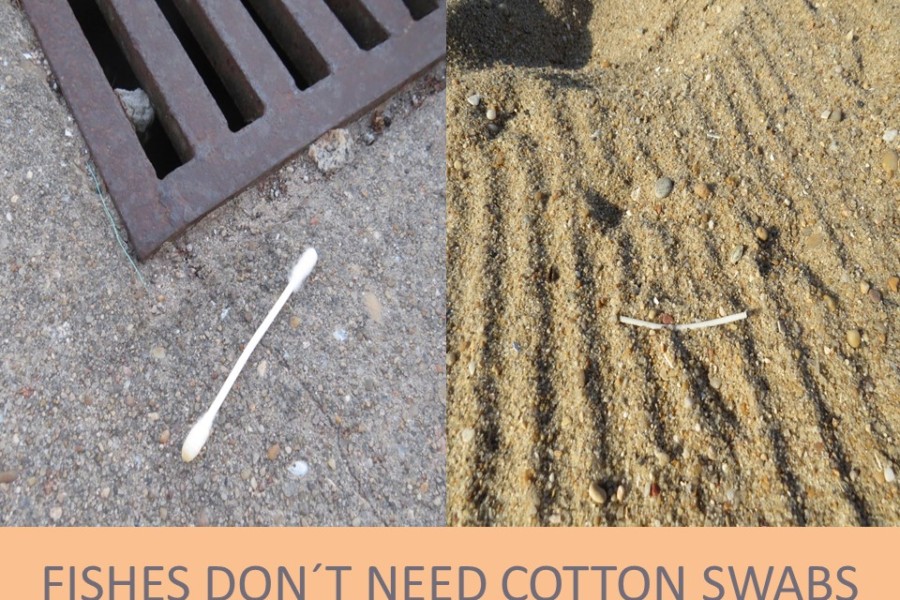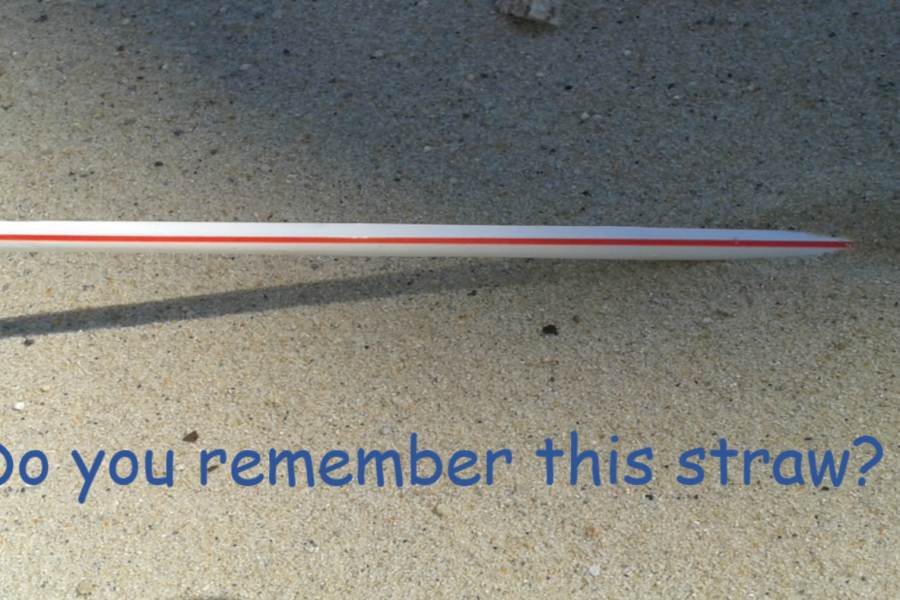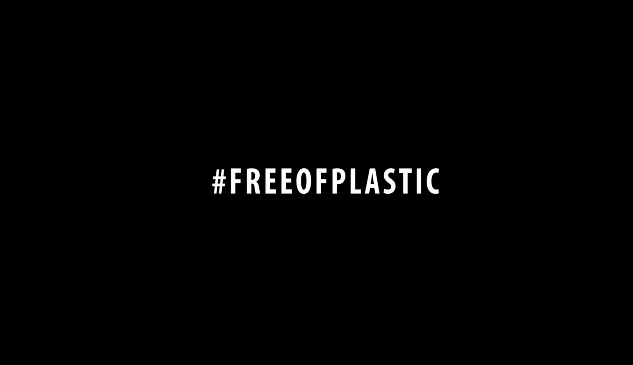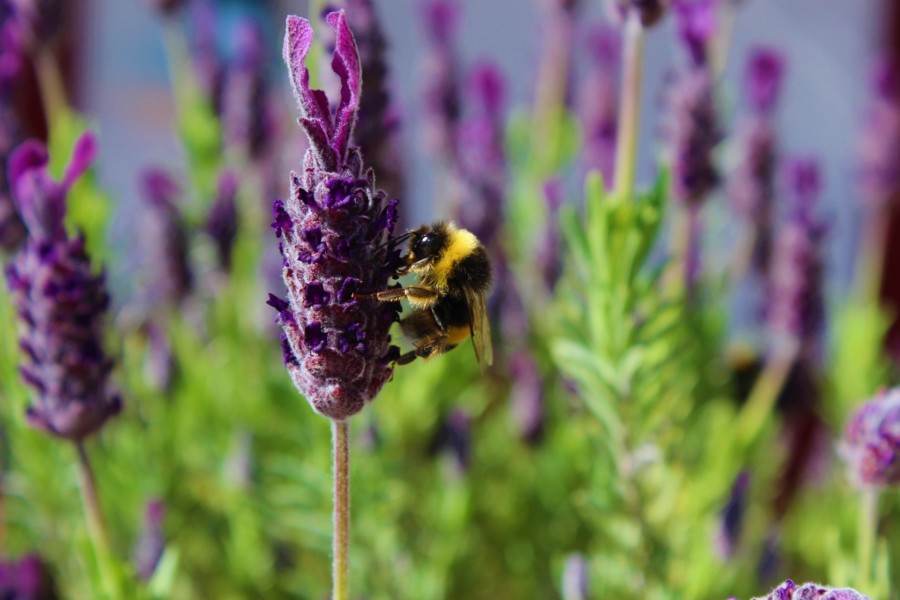
Fishes don’t need cotton swabs
Esta foto pretende alertar para o facto de as pessoas não terem o cuidado de eliminar os cotonetes corretamente, fazendo com que haja cada vez mais cotonetes nas praias, mares e oceanos, o que provoca a morte de muitos animais, principalmente os animais marinhos e as aves.
Para realizar esta foto eu fui à praia de Francelos, encontrei muitos cotonetes e aproveitei para tirar uma foto de um cotonete na praia.

Do you remember this straw?
As palhinhas, um exemplo de objetos de plástico de uso único, são utilizadas em grande número e que têm um tempo de vida útil muito curto, mas um tempo de vida na natureza demasiado longo, provocando ferimentos e, até mesmo, a morte de animais.
Esta fotografia mostra uma palhinha na praia, local onde se encontram muitas porque são atiradas para o chão ou são levadas das esplanadas junto à praia pelo vento.

Free yourself!
The plastic has become a reality in our daily lives, becoming part of us, at the point of suffocating the seas, the air and even the animals that are the basis of our food. More than 400 million tons of plastics are produced per year and over the last 10 years we have produced more plastic than in the last 100 years and only 9% of the plastic is recycled. Every minute is produced 10 million plastic bags. The plastic is increasing so much that in the next half century, the oceans will contain more plastic than fish.

Pollinators, the queens of life
Everyone knows that if there is an essential living being to the human race, this being is the bee. Bees, like the bumblebee in the photography (Bombus), perform pollination, transporting the pollen between the plants. It is known that 2% of the bees in the world are responsible for pollinating 80% of the plantations on a global scale. For this reason, bees support life on Earth as we know it. Bee populations are declining. This is due to several reasons, such as: intensive agriculture, pesticide use, pollution, the introduction of invasive species, diseases and climate change.


You must be logged in to post a comment.